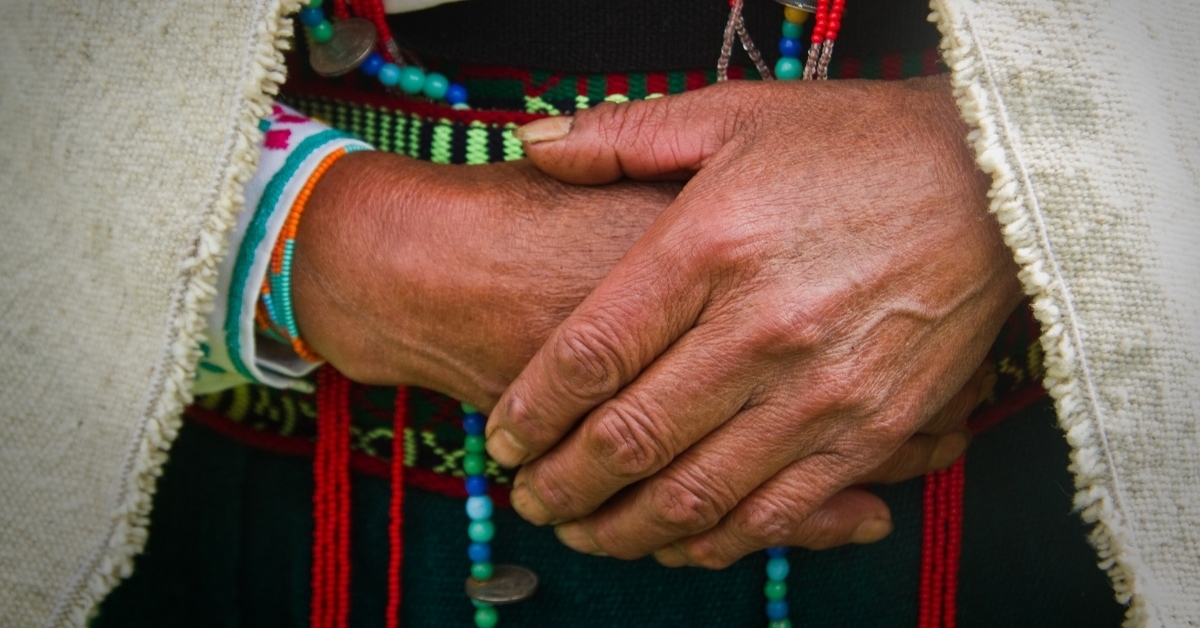
As we mark the International Day of the World’s Indigenous Peoples on August 9th, we are reminded of the profound contributions indigenous communities make to our world. This day, established by the United Nations, is more than a commemoration—it is a call to action for businesses and boards to recognize, respect, and integrate the invaluable insights of indigenous peoples into their governance and operations.
The United Nations Permanent Forum on Indigenous Issues (UNPFII) has been a cornerstone in advocating for the rights of indigenous peoples. This year’s session focused on the theme, Protecting the Rights of Indigenous Peoples in Voluntary Isolation and Initial Contact.
Similarly, the International Labour Organization (ILO) has been pivotal in promoting indigenous rights through Convention No. 169. UNESCO’s efforts to preserve indigenous languages and cultural heritage are gaining momentum through the International Decade of Indigenous Languages (2022-2032). With initiatives like digital archiving, educational programs in indigenous languages, and collaborative documentation efforts, UNESCO is playing a pivotal role in maintaining the cultural identity and continuity of indigenous peoples.
Boards Should Take A Note
For boards, recognizing the International Day of the World’s Indigenous Peoples is far more than a token gesture – it’s a strategic imperative. Embracing indigenous rights isn’t just about ethics; it’s a pathway to long-term success. Upholding human rights and embedding respect for indigenous communities into corporate policies is crucial.
Incorporating indigenous knowledge into business operations can mitigate land use risks and environmental impacts, fostering respectful and robust relationships. These actions build trust with local communities, enhancing the company’s social license to operate and averting conflicts and legal challenges.
Companies that prioritize indigenous rights and cultural preservation are more favorably perceived by consumers, investors, and stakeholders. This boosts reputation and brand value. Moreover, engaging with indigenous communities can provide unique insights and innovative solutions, especially in biodiversity and natural resource management.
Promoting indigenous representation within the workforce enriches company culture, drives creative problem-solving, and supports inclusive growth and social justice. Adhering to international standards like the United Nations Declaration on the Rights of Indigenous Peoples (UNDRIP) and ILO Convention No. 169 ensures compliance with global regulations and strengthens a company’s international standing. By taking these steps, boards can align their actions with ethical principles and strategic business goals, demonstrating a genuine commitment to supporting indigenous communities.
Reflective Questions for Boards
To effectively integrate indigenous perspectives and foster sustainable development, boards should be prepared to answer the following questions:
- What steps have we taken to build and maintain meaningful relationships with indigenous communities? Understanding the proactive measures taken to establish and sustain relationships with indigenous communities is crucial for long-term engagement.
- How are we ensuring that indigenous voices are represented in our decision-making processes and governance structures? This question assesses the inclusion of indigenous perspectives in the company’s strategic and operational decisions.
- What feedback mechanisms are in place for indigenous employees and stakeholders to voice their concerns and suggestions, and how are we addressing them? Ensuring that there are channels for indigenous employees and stakeholders to provide input and that the company is responsive to their feedback.
- What measures do we have in place to assess the impact of our projects and operations on indigenous communities? Evaluating the impact of the company’s activities on indigenous communities is essential for responsible and sustainable business practices.
As the world increasingly values ethical, inclusive, and sustainable business practices, companies that genuinely engage with and respect indigenous communities will lead the way. The time to act is now, setting the stage for a more inclusive, respectful, and prosperous future for all.
Back To News & Views